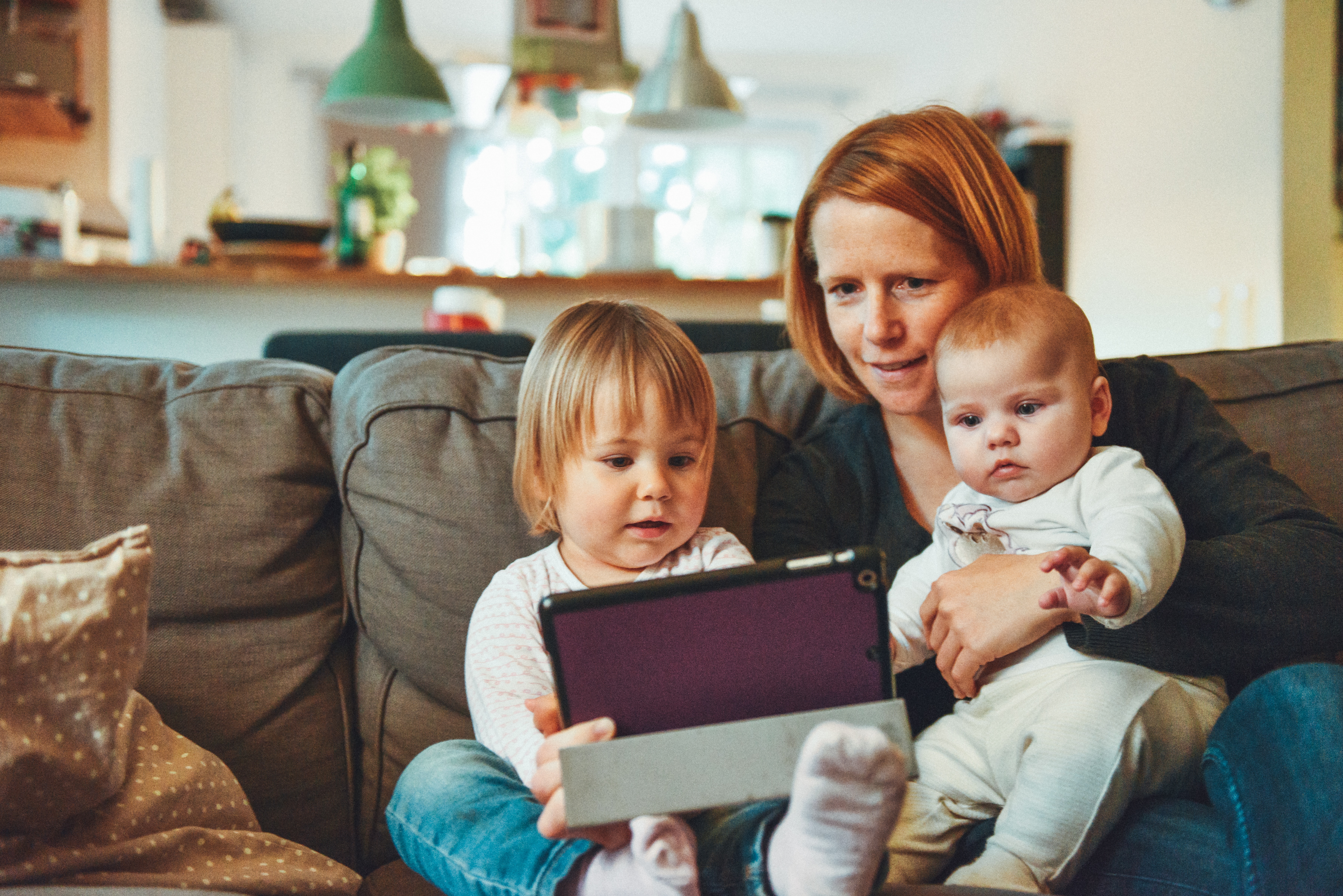How to Correct Bad Behaviour in Children- Some Solid Tips to Follow
No parents would like their kids to behave badly and grow up similarly. Bad behaviour in kids displays a lack of discipline from parents toward their kids. However, if your kid shows negative behaviour, it is best to know some good child behaviour examples that can help in many ways. In that regard, a perfectly behaved adult or child is a fictional being. It's normal to make errors while engaging with people and using those opportunities to teach kids valuable lessons is crucial.

It can be difficult to bring up polite children and make them learn how to have good behaviour, but several fundamentals can assist. While some kids struggle with manners, others do not. If you are one of those, who are like, " I need help with my child's behaviour," this article is the right one to check. Right using positive behaviour words to make them realise their mistakes are some of the methods to correct.
You can teach your child proper manners by understanding their foundation. For people to coexist in our world, good manners are required. Possessing gracious manners is a sign of caring and good kids behaviour.
Let Us Now Check How to Correct Bad Behaviour in Children
We present you with some tips on how to correct bad behaviour in children, which you can use effectively-
Teach Them to Respect
Although you don't call them that, you start teaching your child manners at birth, which may surprise you. Respecting each other right from a young age is the foundation of good manners, and sensitivity is the foundation of respect. It is best to teach them young about respecting each other’s, especially elders. One of the most important traits you can teach your child is sensitivity, it starts in infancy.
The sensitive infant will develop into a respectful youngster who will naturally mature into a well-mannered adult because of his concern for other people's feelings. His manners will be more genuine than anything he could have learned from an etiquette manual.
Teach Them Some Polite Words
Children as young as two can pick up on the words representing respect for others. The toddler concludes that saying "please" will allow them to get what they want and saying "thank you" will allow them to terminate a conversation, even if they are still developing their understanding of social grace. At least you introduced your child to these social graces; in the future, they will be employed with the knowledge that they make other people feel good.
Making them learn polite words is one way to present kids' behaviour. Asking your toddler for something should always begin with "please" and end with "thank you."
Easing Up the Communication Process
Get on your child's level when you notice something incorrect or unpleasant about their behaviours. Furthermore, it entails getting on your knees and speaking to your child at his or her level. You must present them with good child behaviour examples that can make them learn at a young age. It will support appropriate eye contact and communication.
Do Not Disagree
Offer your child options. He will feel more independent because of this. Allow him to make a choice. Keep your end of any commitments and obligations you make. It will foster your child's respect and trust for you. Keep instructions and critical remarks to a minimum. As a result, There will be fewer chances for disagreement, conflict, and poor sentiments.
Teaching Them About Name Calling
One way of positive behaviour words is by teaching them about name calling. "Dad may I" or "Uncle, can you please" like these and more are some of the names calling examples that you can teach your kids.
Acknowledge the Child for Good Behaviour
The best way to make your kid learn to behave well is to make them engage in child activities. Ignoring your youngster in a crowd primarily made up of adults is dangerous. Even a typically well-behaved child will act out to get your attention. Including the youngster fosters social skills, and recognising her presence affirms her worth. There are different child activities where they can learn about good behaviour.
Teaching Them About the Consequences
Penalties accompany rewards. Punishments are ineffective unless children comprehend the reason behind the same. Take away their video game, for instance, if they don't share it with their sister, or limit their ability to watch TV until they finish their schoolwork.
Conclusion
These are some of the methods on how to correct bad behaviour in children that will not help you bring them up politely but also make them better adults.
FAQs on How to Teach Good Behaviour: Tips for Parents with Good Child Behaviour Examples
1. How do children learn good behaviours from their parents?
Children pick up skills that parents attempt to teach them. Children might also pick up knowledge by observing and imitating their parents. Children may pick up lessons in this way that their parents never intended for them to learn! Children are acute observers of everything.
2. Is there is any chance that kids learn bad behaviour from their parents?
There is ample proof that parents have an impact on their kids. Equally convincing evidence suggests that a child's genetic makeup affects both their own behavioural traits and how their parents treat them.
3. Is it important to teach kids good behaviour from a young age?
Yes, it is important because teaching them from a young age will help them practice them until they are adults.
4. Is it important to punish kids for their bad behaviour?
Though it's sometimes disregarded, making kids apologise for serious transgressions is a fantastic punishment. Children's growth will benefit when they apologise since it teaches them to feel regret and maintain a healthy connection.







